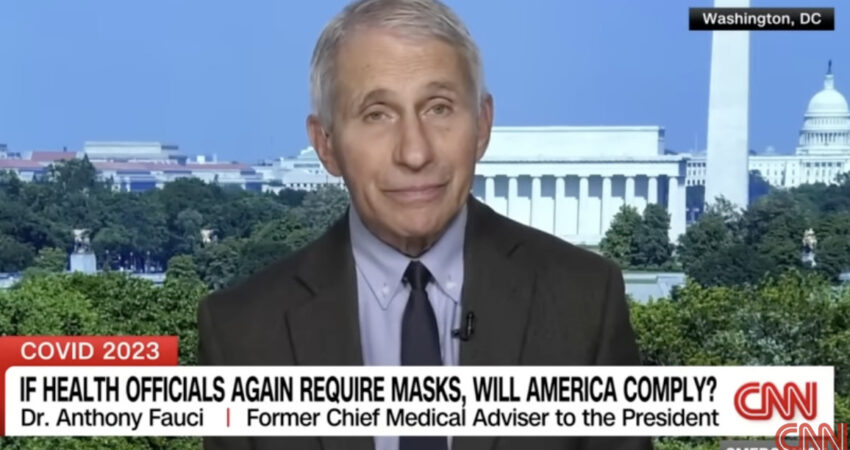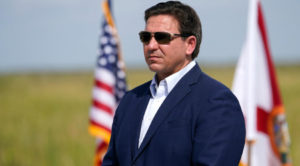In the contemporary landscape of journalism, a noticeable shift has occurred, one that leans decidedly towards the progressive end of the spectrum. This transformation is so pronounced that when journalists working for major mainstream media outlets, like CNN, adhere to traditional journalistic standards by pursuing the truth and holding those in positions of authority accountable, it becomes a shocking event, worthy of headline coverage by other news content creators and aggregators. This transformation reflects a troubling state of media affairs today.
This article aims to shed light on CNN host Michael Smerconish’s recent confrontation with Dr. Anthony Fauci, a figure often polarizing and widely criticized for his role in the government’s COVID response during the pandemic. The confrontation revolved around a new study questioning the effectiveness of mask-wearing in preventing the spread of COVID.
It is essential to establish, as a preliminary note, that the utility of face masks in preventing the spread of contagious illnesses, including COVID, remains a subject of debate. Critics argue that the efficacy of mask-wearing in curbing the transmission of respiratory viruses is limited, and liken it to strapping a diaper on one’s face. They contend that relying solely on masks as a protective measure against new coronavirus variants is misguided.
The study in question, conducted by the Cochrane Institute, concluded that masking “probably makes little or no difference to the outcome” regarding respiratory illnesses like the flu or COVID. This finding suggests that both mask-wearers and non-mask-wearers face comparable risks of contracting these diseases, raising questions about the persistence of mask mandates amid the emergence of new variants.
Some skeptics speculate that political motivations might underlie the continued push for mask mandates, especially in light of an upcoming election. Skepticism deepens when prominent figures like Dr. Fauci, despite facing contrary evidence, maintain their advocacy for masks. During the confrontation with Smerconish, Fauci referenced “other studies” supporting mask efficacy, but failed to specify them. Furthermore, his assertion of efficacy at an “individual level” contradicts the previous rationale behind mask mandates, which were justified to protect others, even those not susceptible to severe illness.
Lastly, Fauci’s response seems to overlook the substantial variance in individuals’ susceptibility to COVID-19. It is now widely accepted that the virus disproportionately affects elderly individuals and those with underlying health conditions. This knowledge prompts further skepticism about the one-size-fits-all approach of mask mandates.
In conclusion, the debate over the efficacy of masks remains contentious, with conflicting studies and differing interpretations. Despite this, the federal government continues to advocate for mask mandates. This prompts some to question the official narrative and consider alternative motives for such persistence, especially in light of the broader context of the pandemic. It raises important questions about the role of science and politics in shaping public health policies, as well as the motivations of public figures like Dr. Fauci.





